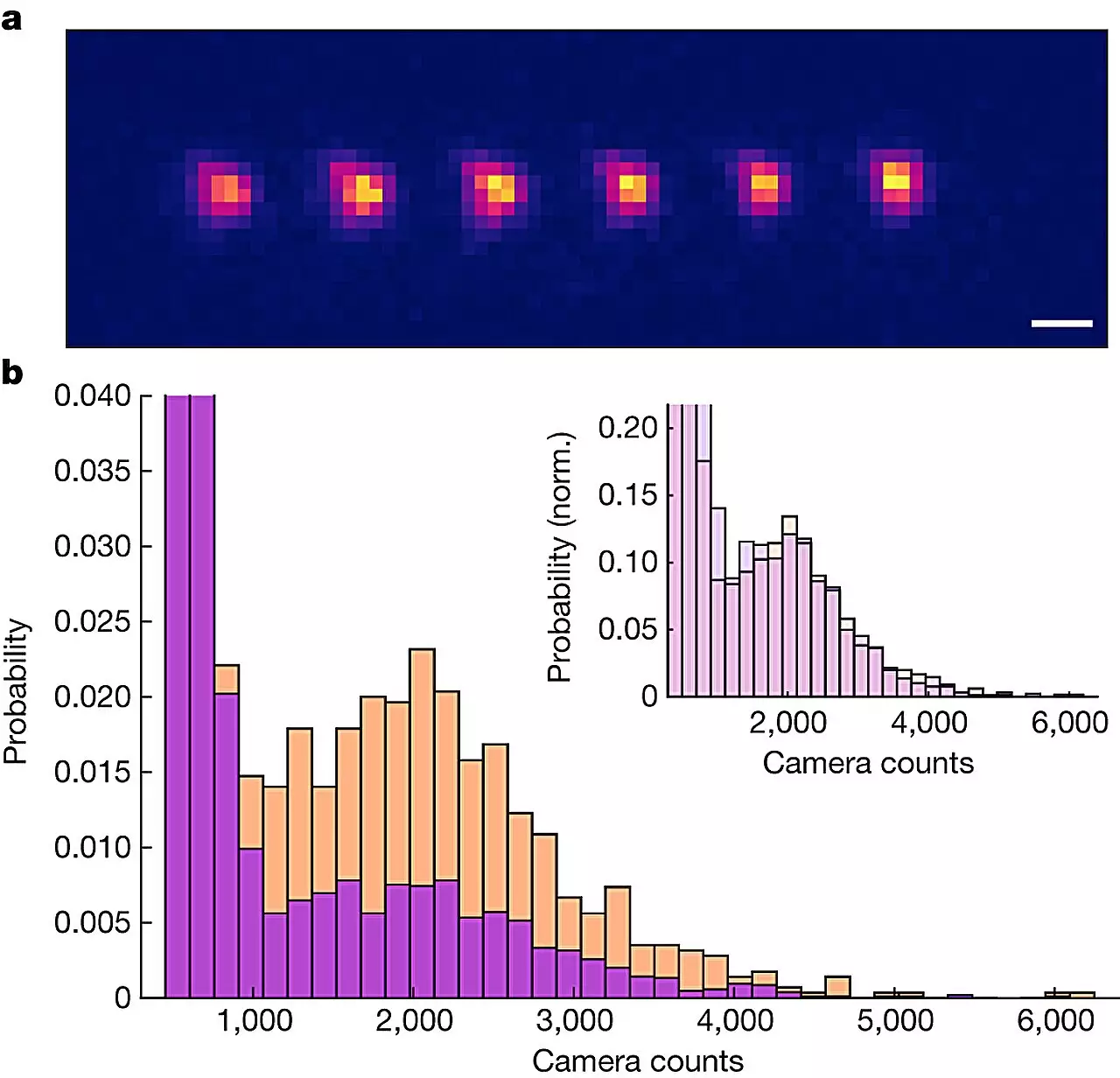A groundbreaking achievement has been made by a team of physicists at Harvard University. They have successfully trapped individual polyatomic molecules in optical tweezer arrays for the first time. This remarkable feat opens up a world of possibilities and potential applications in the field of molecular research.
Controlling atoms by cooling them to very cold temperatures has led to significant advancements in technology, such as the development of atomic clocks. However, extending this level of control to molecules, especially those with more than two atoms, has posed a significant challenge. Factors like rotation and vibration make it difficult to manipulate larger molecules.
The research team at Harvard University tackled this challenge by isolating several CaOH molecules in a vacuum chamber chilled to nearly absolute zero. Using optical tweezers, they were able to separate and focus on a single molecule, allowing for precise manipulation. By cooling the molecule to a quantum ground state, they were able to gain unprecedented control over its vibration, rotation, and nuclear spin.
One of the key aspects of this breakthrough was the ability to image individual molecules without destroying them. The researchers utilized additional lasers to achieve this, carefully tuning them to minimize interference with the molecule’s structure. This imaging process provided valuable insights into the outcome of their manipulations, enabling them to further refine their control over the molecule.
This innovative technique has the potential to revolutionize polyatomic molecular research. The successful trapping and manipulation of individual molecules opens up new avenues for exploration and discovery. The research team believes that their method could be applied to other three-atom molecules, paving the way for even more groundbreaking discoveries in the future.
The achievement of trapping individual polyatomic molecules in optical tweezer arrays represents a major leap forward in the field of molecular research. The meticulous process developed by the physicists at Harvard University holds great promise for unlocking the mysteries of molecular behavior and could lead to significant advancements in a wide range of scientific and technological applications.


Leave a Reply